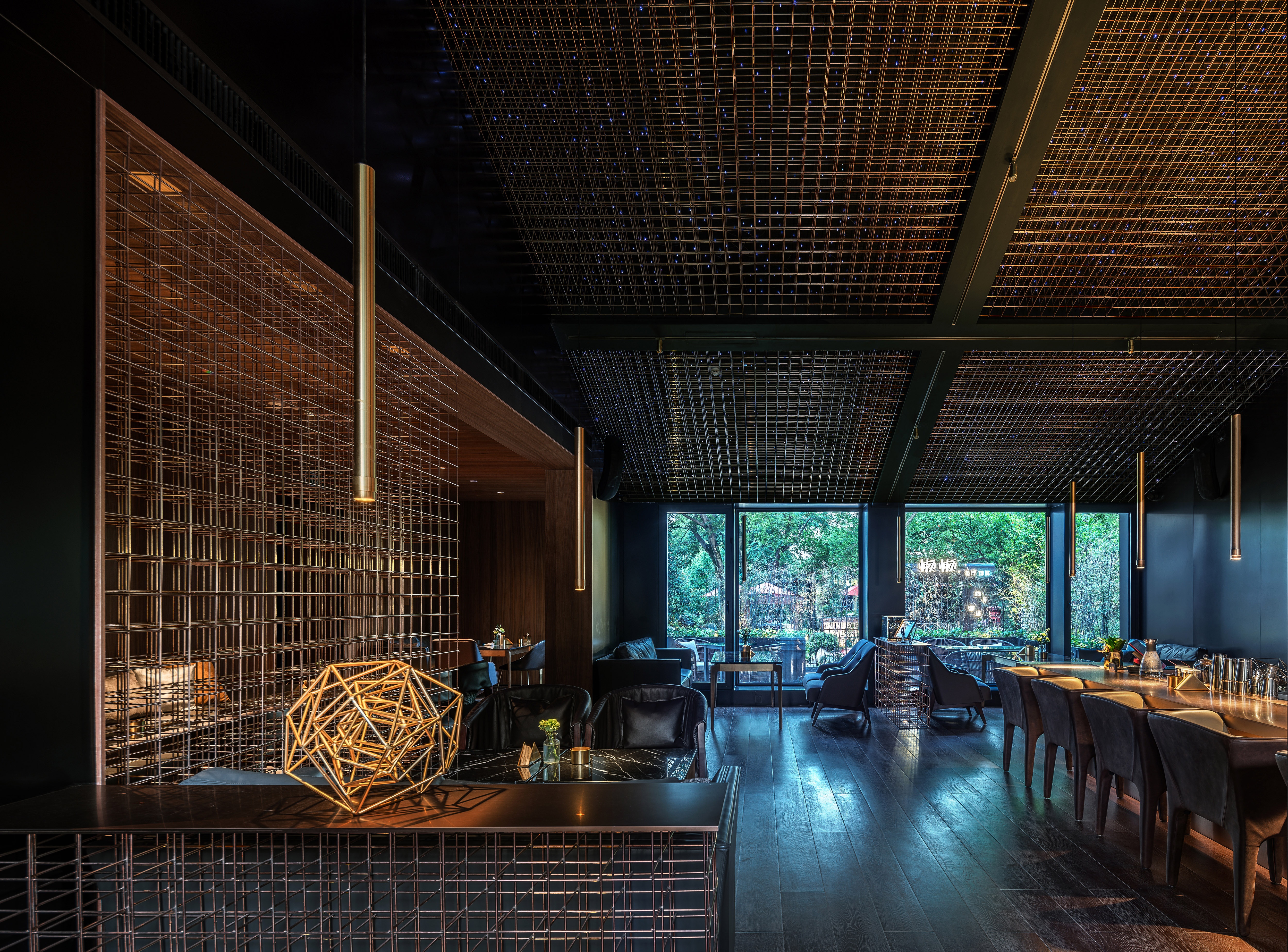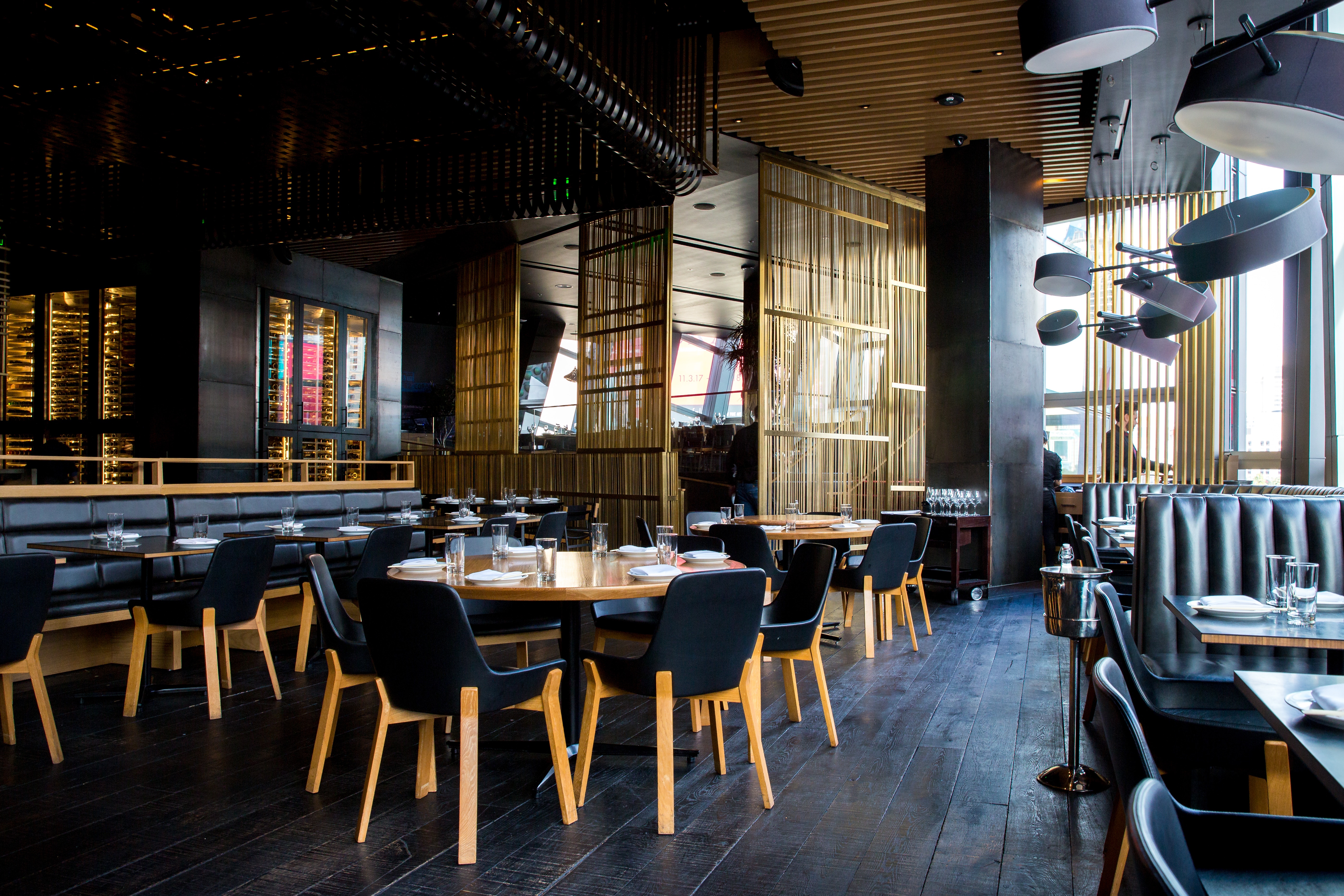Restaurant tenants are rarely happy with their operating costs; at best, they’re ambivalent to them and, at worst, they’re upset with them. The two issues that most upset restaurant tenants are ever-increasing operating costs and the landlord’s lack of attention to fully maintaining the commercial property.
Restaurant tenants can, of course, request a limit on the amount that operating costs can be annually increased, but landlords resist this because these are supposedly true costs passed onto the tenant and not normally a profit center for the landlord. Restaurant tenants should also watch out for other issues buried within operating cost clauses that can cost them dearly. We have detailed these in our book, Negotiating Commercial Leases & Renewals FOR DUMMIES, and summarized them below:
Administration Fees
If restaurant tenants are paying the property manager’s salary through operating costs, but the landlord adds a 15 percent administration fee to CAM costs, this can be considered double-dipping (or double billing for – essentially – the same service).
Landlord Operating Cost Reports to Tenants
Many landlords provide only superficial operating cost information to tenants. Sometimes these reports are not only insufficient for the tenant but are not sent out in a timely manner.

Occupancy Levels and Occupancy Costs
A lease agreement may state that operating costs are charged back to tenants assuming that the property is 95 – 100 percent leased and occupied. This means that if the property is only 70 percent occupied, those tenants carry 100 percent of the operating costs.
Proportionate Share Misallocations
With restaurants often being located on the main floor of a property, your customers will never need the building’s elevator / escalator. In this case, should you have to pay a proportionate share of elevator / escalator maintenance? Just because a tenant occupies a certain percentage of the building doesn’t mean that they’re equally responsible for all operating costs as well.

Reconciliation Billing
The industry norm is for landlords to budget future operating costs and then reconcile once per year. Restaurant tenants can get walloped with unexpected reconciliation statements from landlords with only 15 days to pay or be found in default. Negotiate so that you are allowed to repay these overages over time (perhaps six months).
Tenant Audit Rights
The landlord has a fiduciary responsibility for accountability to the tenants for the money collected from and spent on behalf of tenants. The lease should include tenant audit rights – allowing you to examine the landlord’s books.

Underestimated Budgets on New Properties
If you’re leasing commercial space in a new building, don’t be surprised if the operating costs jump 25 to 50 percent more after the first or second year. Landlords have been known to under budget operating costs on new properties to help their pre-leasing program.
Utilities
Electricity, natural gas, and water may be provided by the landlord or separately metered for each tenant. In some cases, the landlord may have one meter on the property and a check meter on each tenant’s unit to measure consumption. If you’re paying your own utilities to the utility company, you’ll have your own meter. In many cases, the landlord bills back utilities to tenants in operating costs. Make sure that you know – in advance – what the lease agreement calls for so that you don’t have to pay twice.
For a copy of the free CD, Leasing Do’s & Don’ts for Commercial Tenants, e-mail DaleWillerton@TheLeaseCoach.com.
Eight Operating Cost Rent Issues for Restaurant Tenants posted first on happyhourspecialsyum.blogspot.com

No comments:
Post a Comment